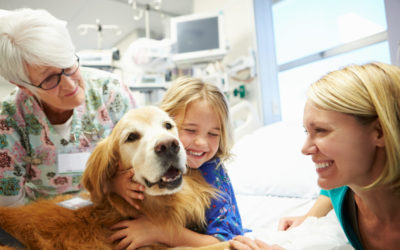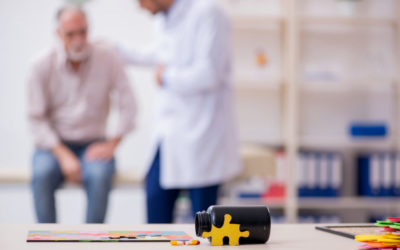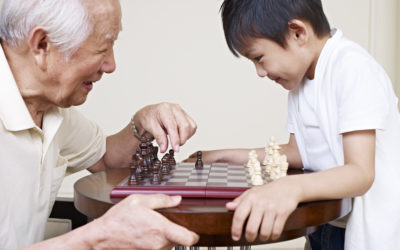Quick Hits
Daily brief research updates from the cognitive sciences

What makes for effective and resilient teams is something that interests many leaders and organisations. I have spoken about some of these aspects in other articles, particularly on team composition. But some new research gives some insights into the leaders themselves and how they influence effectiveness and resilience in the face of unexpected situations. Something that is of particular interest with the pandemic which has raised the importance of resilience.
So what behaviours created more effective and resilient teams?
Research into 48 teams from 5 Canadian startups by Brykman and King showed that those leaders who encouraged on-the-job-learning, and of note, also enabled and encouraged employees to speak up and give their ideas and suggestions for change, were more effective and more resilient.
An obvious point is that this is not in one-off situations but this must be constantly reinforced by the leaders and constantly communicated to employees. This is not just a nice value statement but is echoed in how leaders behave and interact with employees.
“Knowing that you have a leader who is focused on learning and not just on performance outcomes is critical”
So to summarise – creating effective and resilient teams is promoted by leaders:
- Encouraging learning
- Letting employees make suggestions
- Encouraging employees to learn from experiences (and mistakes)
- Communicating the above intentionally
- Communicating the above continually
In a time of change and where resilience has become a key leadership word, these are important takeaways — and one that is fully supported by our SCOAP model at leading brains. It is good to have this backed up by more research. So what are you going to learn from this? Any comments, let me know!

Andy Habermacher
Andy is author of leading brains Review, Neuroleadership, and multiple other books. He has been intensively involved in writing and research into neuroleadership and is considered one of Europe’s leading experts. He is also a well-known public speaker speaking on the brain and human behaviour.
Andy is also a masters athlete (middle distance running) and competes regularly at international competitions (and holds a few national records in his age category).
Reference
Brykman KM, King DD.
A Resource Model of Team Resilience Capacity and Learning.
Group & Organization Management. 2021;46(4):737-772.
doi:10.1177/10596011211018008
More Quick Hits
Petting (Real) Dogs Activates the Social Brain
There have been lots of studies into the positive impacts of having pets around us – but this study just published looked at brain activation patterns while being with a dog, petting a dog, and…
Metabolism Predicts Brain Health
Understanding the link between dementia, brain health, and various metabolic disorders such as obesity is important and gives us important clues in…
Super Agers Have Super Neurons
SuperAgers are those who live long, over 80, but retain their cognitive functions including a healthy functioning memory and seem to avoid neurodegenerative disorders such as Alzheimer’s…
How Nature Lowers Stress in Your Brain
Nature is overwhelmingly good for wellbeing but there are many chicken-or-egg problems with the research. This study…
Correcting Others Improves Group Learning
Some interesting and counter-intuitive insights into effective group learning…
Air Pollution In Childhood Changes Brain Structure
Recent research has shown some worrying impacts of pollution on the brain…






